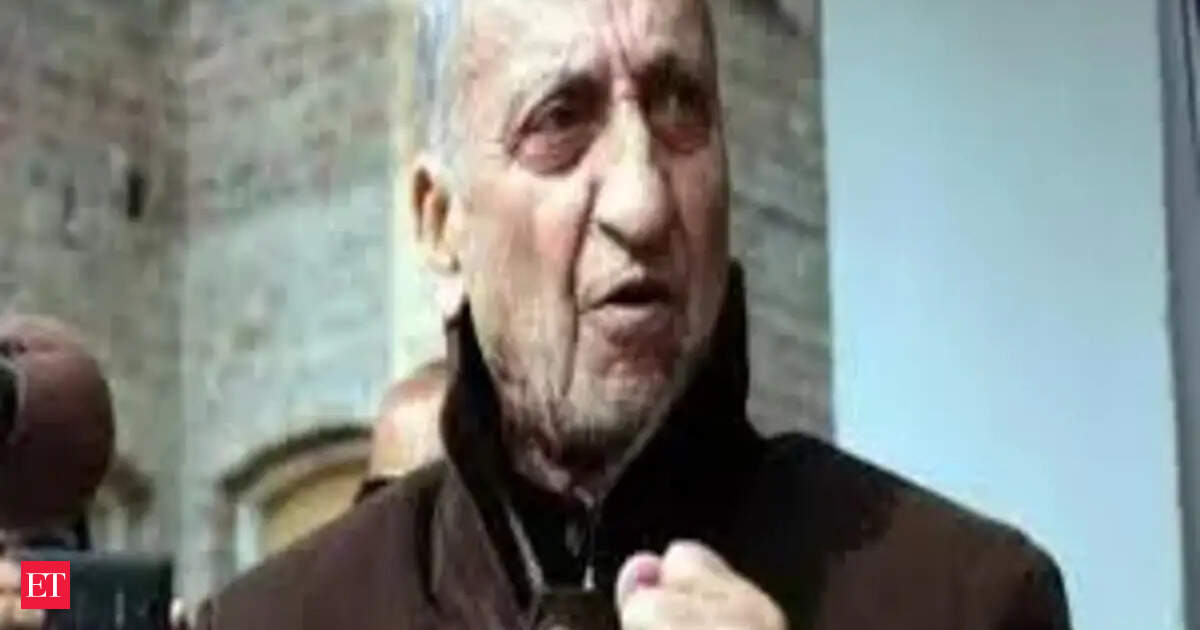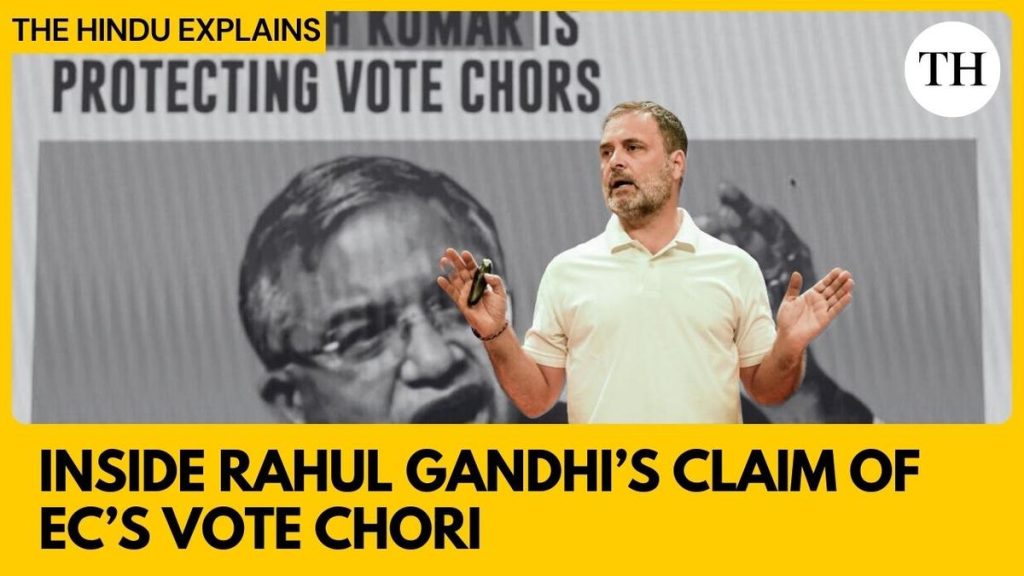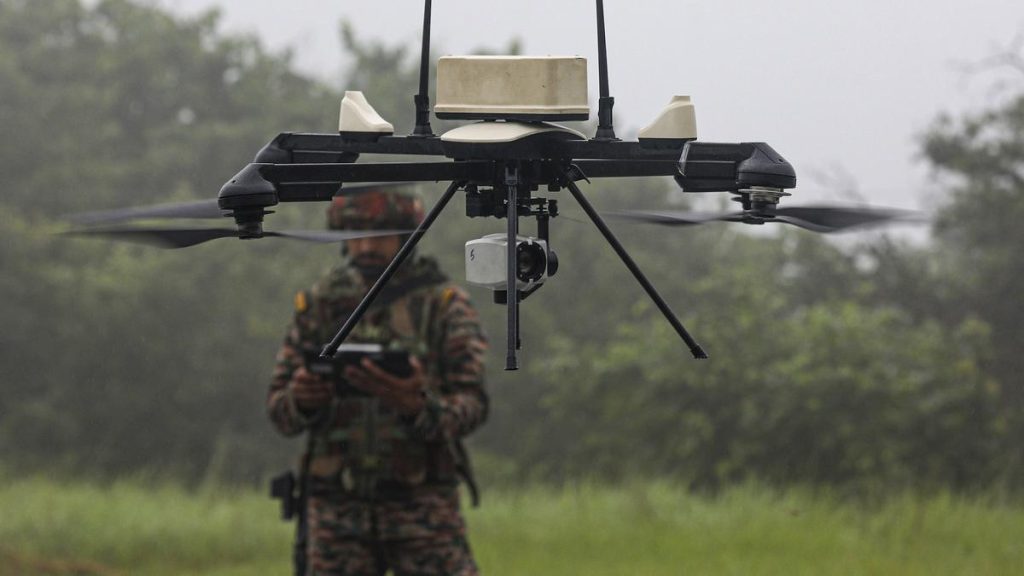Now Reading: Former Hurriyat Leader Abdul Gani Bhat Passes Away
-
01
Former Hurriyat Leader Abdul Gani Bhat Passes Away
Former Hurriyat Leader Abdul Gani Bhat Passes Away

Fast summary
- Passing Away: Abdul Gani bhat, former chairman of the Hurriyat conference and a leading figure in Kashmiri politics, passed away at his Sopore residence at the age of 90. He had been unwell for several years.
- Burial details: He is expected to be buried in his ancestral graveyard in Sopore.
- Role and Political stance:
– A moderate among separatists, he advocated dialog with New Delhi for resolving the Kashmir issue.
– Played a notable role in initiating talks with India’s central goverment during leaderships like Atal Bihari Vajpayee’s NDA government and later with Manmohan Singh’s UPA government.
– Criticized violence and frequent shutdowns as means to achieve political objectives.
- Condolences:
– Omar Abdullah called him “a very civil person” despite ideological differences and remembered his courage to support dialogue over violence.
– Mehbooba Mufti referred to him as “a voice of moderation” amidst Kashmir’s tumultuous history, praising his intellectual influence.
– Mirwaiz Umar Farooq expressed personal grief over losing a colleague and admired his vision for peaceful resolution.
- Political Career Highlights:
– Bhat was dismissed from teaching service on security grounds before fully entering politics in 1986.
– Co-founded Muslim United Front (MUF) post-dismissal and played an integral role in forming Hurriyat Conference in 1993.
!Image description: Former Hurriyat chief Abdul Gani Bhat
Source: Agencies
Indian Opinion Analysis
The death of Abdul Gani Bhat marks the passing of one of the most influential yet moderate voices within Kashmir’s frequently enough polarized political landscape. His advocacy for dialogue instead of violent methods positioned him uniquely among separatist leaders, fostering opportunities for dialogue between Srinagar and New Delhi during critical junctions such as talks under PM Vajpayee’s tenure.
Bhat leaves behind a legacy shaped by education, political pragmatism, and commitment to peaceful resolution-a stance that stood apart even during turbulent periods marked by widespread militancy. While he always championed reconciliation over confrontation within separatist frameworks, it’s worth noting that these principles also triggered internal divisions within groups like Hurriyat Conference.
For India’s diplomatic approach moving forward, figures like Bhat provide lessons on how moderated platforms can foster stability even while addressing contentious issues such as autonomy or integration debates within kashmir. Neutralizing cycles driven by violence will likely depend on whether future leaders similarly embrace pathways rooted in open communication rather than hardened resistance.
























